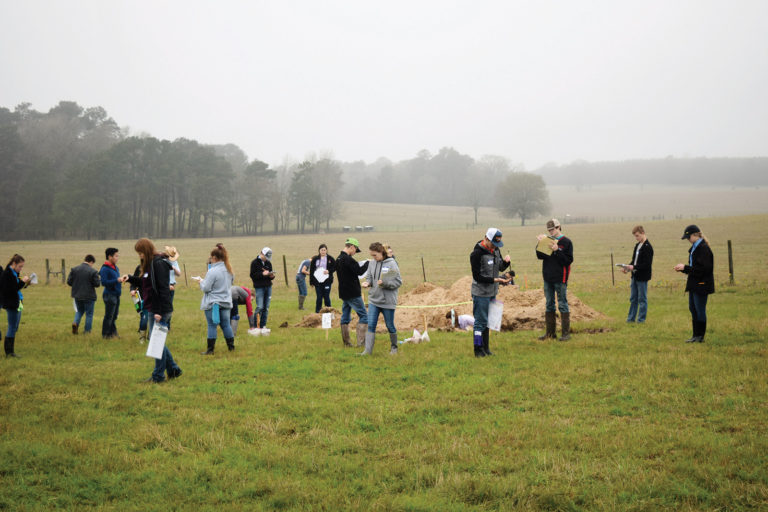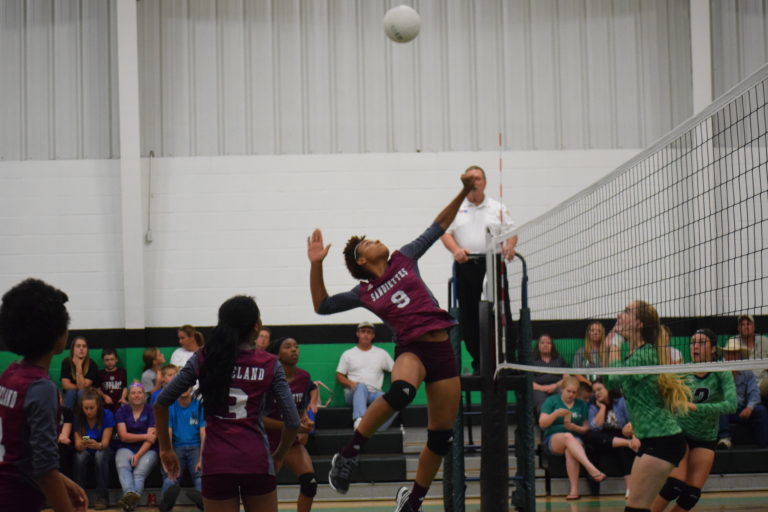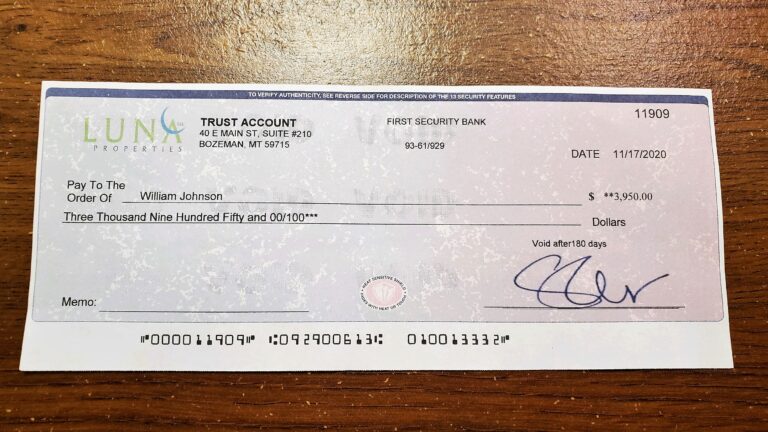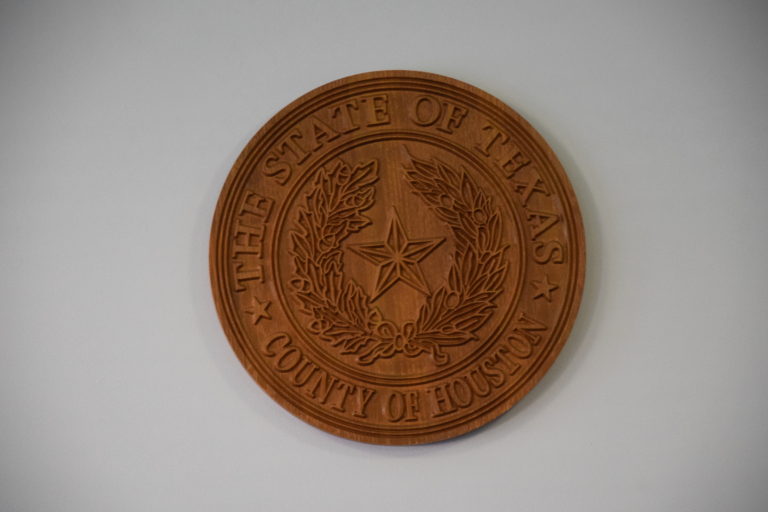Post-Covid Sense of Smell – It’s Not Just You
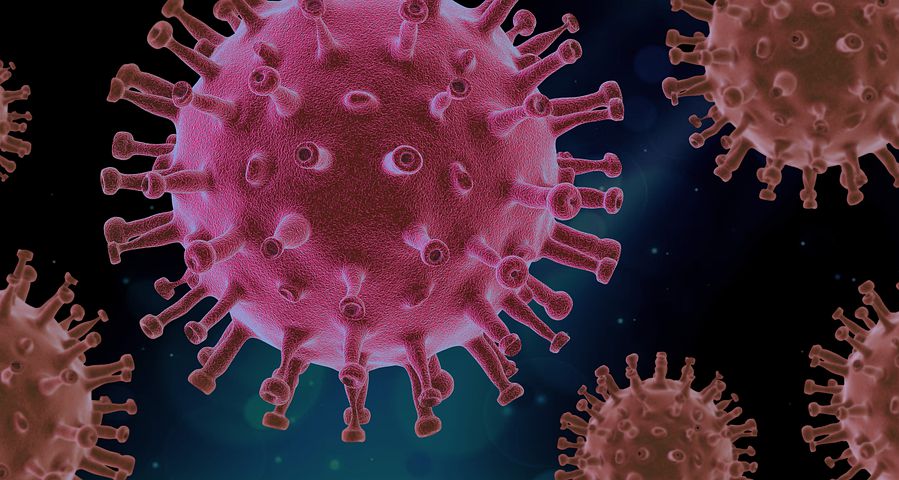
Parosmia May Be the Reason Favorite Scents Have Changed for Many
By Jason Jones
Messenger Reporter
EAST TEXAS – COVID –19 has affected the entire world. Many in East Texas have experienced the virus firsthand, whether a mild case or severe. One of the lasting symptoms that isn’t covered often is the effect of COVID-19 on the olfactory senses. While it may be common knowledge that a major symptom of COVID-19 is a loss of smell, the fact that the sense of smell can be altered for an extended period following the illness is less widely known.
According to a report published at healthline.com, some people develop a distorted sense of smell, a condition called parosmia. It sometimes persists for weeks or months after having COVID-19. Some people with parosmia describe everyday odors as “smoky” or unpleasant.
COVID-19 can also lead to another condition called phantosmia, where you experience odors that don’t exist. A total loss of the sense of smell is called hyposmia.
Parosmia is a condition characterized by the alteration of your sense of smell. People with parosmia may find the following:
- their sense of smell isn’t as strong as usual
- they can’t detect certain scents
- they detect unusual or unpleasant odors when smelling everyday things
- Parosmia is a potential complication of COVID-19. It may appear by itself or along with other nasal symptoms, like a stuffy or runny nose.
- Some people who develop parosmia after having COVID-19 describe experiencing a burned or rotten odor when smelling their usual foods.
A March 2021 case study describes two people who developed parosmia after COVID-19 infection.
The first person, a 28-year-old, was admitted to the emergency room with chills, fever, mild shortness of breath, cough and body aches. Two days after his diagnosis, he completely lost his sense of smell and taste. The man started regaining his taste 53 days after having COVID-19. He regained his smell on the 87th day but reported all his smells had a distorted odor like the smell of burned rubber.
The second person, a 32-year-old, was admitted to the emergency room with fatigue and body aches. Six days later she was readmitted with loss of taste, loss of smell, and mild shortness of breath. Her sense of smell didn’t return until 72 days after acquiring the viral infection. When it did return, she found everyday objects smelled like onions.
The results vary regarding how the sense of smell is affected for different people. Fortunately, while the recovery may be lengthy, most eventually see their sense of smell return to normal.
Parosmia can potentially persist for weeks or months after developing COVID-19.
In a May 2021 study, researchers examined a group of 268 people who developed parosmia after having COVID-19. They found the participants had smell alteration that lasted from about 10 days to 3 months. Every person in the study either had a partial or complete loss of smell before developing parosmia.
More than 75 percent of people also had an altered sense of taste and only 0.7 percent had other nasal symptoms, such as a runny or stuffy nose.
In another study published in March 2021, researchers found that in a group of 195 healthcare workers with COVID-19, 125 developed dysfunction of their ability to smell, and 118 developed taste dysfunction.
The researchers found that 89 percent of the study participants had full or partial recovery within 6 months, and most of them recovered to some degree within the first 2 months.
The exact mechanism of how COVID-19 causes parosmia remains unclear.
Damage to the olfactory epithelium is thought to contribute. Your olfactory epithelium is the tissue in your nose that receives odors to be processed as sensory information your brain can interpret.
It’s also theorized that damage to the neurons that carry information from your nose to your brain also plays a role.
In the May 2021 study, researchers found that people experiencing a weird smell after having COVID-19 were most likely to describe it in the following ways:
- sewage: 54.5 percent
- rotten meat: 18.7 percent
- rotten eggs: 13.4 percent
- moldy socks: 7.5 percent
- citrus: 6.0 percent
Other ways people with parosmia have described their smells include:
- like cigarettes, or smoky
- chemical
- like vinegar or ammonia
- rotten
- skunk-like
- distorted, strange, weird
- onions
- burned rubber
Some people with COVID-19 also experience phantosmia, which is when you experience smells that are not actually present.
The prevailing theory is that recovery occurs when your damaged tissues repair themselves.
No treatment is known to be able to improve your sense of smell after COVID-19, although olfactory training may help people who develop changes in their smell after having COVID-19. Olfactory training involves sniffing a series of strong odors daily to help retrain your ability to smell.
For some it’s a good idea to see a doctor if you’re experiencing phantom smells after having COVID-19 or if everyday odors have a strange scent. A doctor can help you rule out other health conditions that may be contributing factors and recommend ways to help minimize your symptoms.
In summary, some people experience a loss of smell or distorted sense of smell for months after having COVID-19. While it’s not entirely clear why some people experience smell alteration, it’s thought that injury to receptors in your nose and the neurons that lead from your nose to brain may contribute.
Most people seem to regain their sense of smell when their body heals from the damage the coronavirus caused.
Special thanks to healthline.com for medically reviewed information provided here.
Jason Jones may be reached via email at [email protected]

